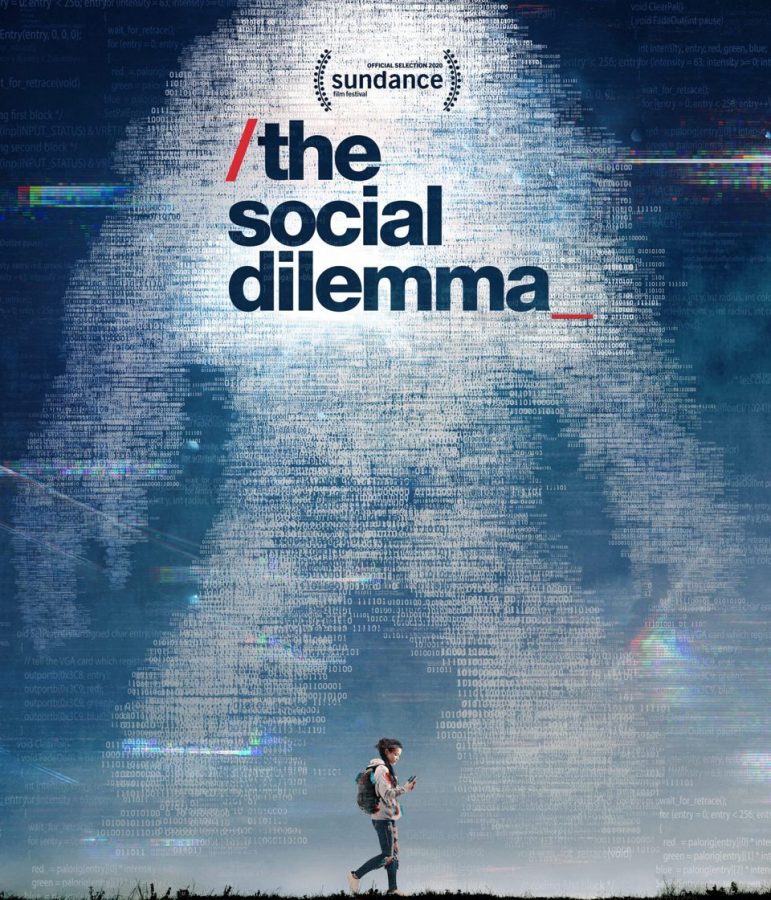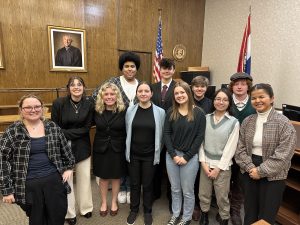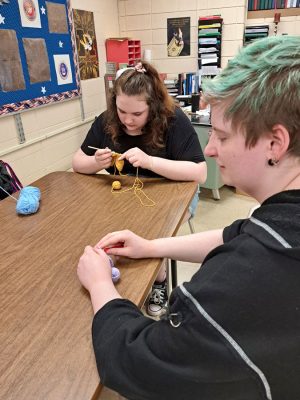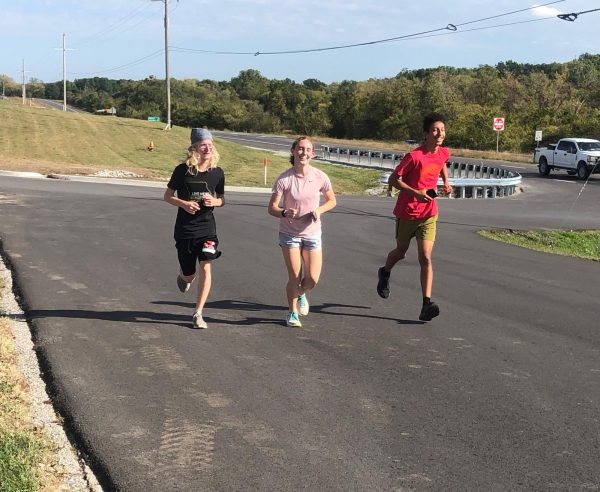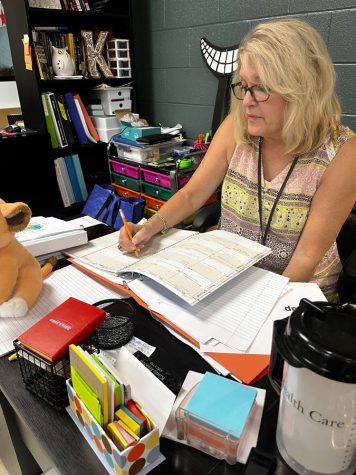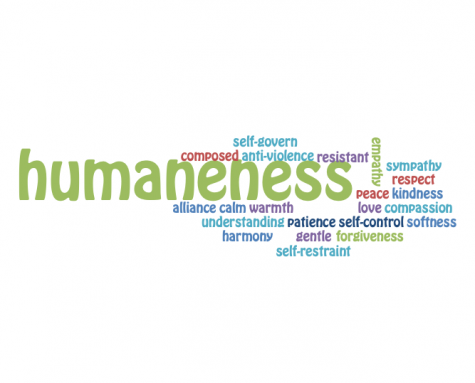Wake up, pay attention to ‘The Social Dilemma’
Courtesy The Social Dilemma Official Trailer by Netflix
November 12, 2020
I remember in fifth grade when I created my first social media account on Instagram. My friends would tag me in funny videos, memes, or some other content for the sole purpose of making me laugh. As a student who has switched schools, Instagram helped me reach out to meet new people. For a while, I had very positive feelings about social media and the ways it could connect people. Six years later, my perspective has changed, drastically.
Just as I thought in the beginning, people who worked for Google, Facebook, Pinterest, Twitter, etc., truly believed that social media was a force for good. Watching “The Social Dilemma” on Netflix, the 2020 documentary explains how destructive social media has become. Designers of these major platforms have constructed an algorithm that keeps people addicted to their screens. Based upon watch time, clicks, or shares on certain content, the page will provide more posts appealing to the user. The appetizing content fed to users and social media’s addictive nature develops more problems than we realize.
With the ability to reach the world in seconds, false information in the media spreads faster than the truth. According to a survey recorded by Srijan Kumar from Stanford University and Neil Shah from Carnegie Mellon University in April 2018, there is about a 12 hour delay before information can be fact checked, polluting our screens and our perspectives. The artificial intelligence guiding our feed only shows what posts or advertisements will attract us, not if they are truthful or beneficial. In the 2016 election, the top twenty factual and false news stories were compared by views. The news stories that provided disinformation received over a million more clicks of engagement than the ones that were verified. During a year of a pandemic, protests, and another election, social media is winning at polarizing and confusing the people. Our realities and beliefs have become what we are presented with.
Not only does social media have the ability to affect our view of society, it affects our view of our relationships. Jonathan Haidt, Phd in psychology, declares during social media’s rise in 2010 and 2011, teens are receiving driver’s licenses later as well as going on less dates or romantic interactions. While it may not seem like a significant problem, it displays how in person activities are not as valued. This behavior is not limited to teenagers however, it’s everyone. Screens can be addictive even for adults during meals. In February 2018, Time Magazine found that dining experiences are less enjoyable just by setting a phone on the table. The group who had their devices out during the meal were not as happy as the group who put them completely away. The notifications we receive from random people are becoming more of a priority than those in front of us. We are more captivated in a life online rather than in person.
Continually being consumed with these platforms, our perceptions of ourselves are changing for the worse. No one is built to handle the acceptance of thousands of people, yet we still search and crave for it. The unrealistic concept of a picture perfect life is causing Generation Z, or people born after 1996, to become the most anxious and depressed. A 2012 study mentioned by the Mayo Clinic discovered that the more time undergraduate college students spent on Facebook, the more they believed others were happier than them. Imagine how many more people are feeling this way with social media’s increase in the last couple years. Generation Z was also the first to log onto social media in middle school. These unhealthy comparisons are damaging their self-esteem during some of the most developmental periods of their life. Looking back, I’ve only been a part of a handful of discussions to inform children and young adults that the media is not always as it seems.
As a teenager living in a pandemic, I truly can’t imagine what life would be like without talking to friends on Snapchat or sharing TikTok videos. Receiving hilarious posts brings some light to the unfortunate situation we’re still facing. While there are devastating consequences that have resulted from the platform, I believe we are to blame. Our biggest flaw is that we passively scroll through content instead of using this tool for what it was designed for; connecting with others. Social media users who simply talk or make their own posts do not experience the same negative effects as those who merely find a way to pass time.
Regardless of age, I encourage all people to be active, not passive, when using social media. I urge everyone to educate and monitor themselves as society continues to progress in an advancing world of technology. Instead of letting social media outsmart us, it’s time to take responsibility and raise awareness for the consequences that we have created.

